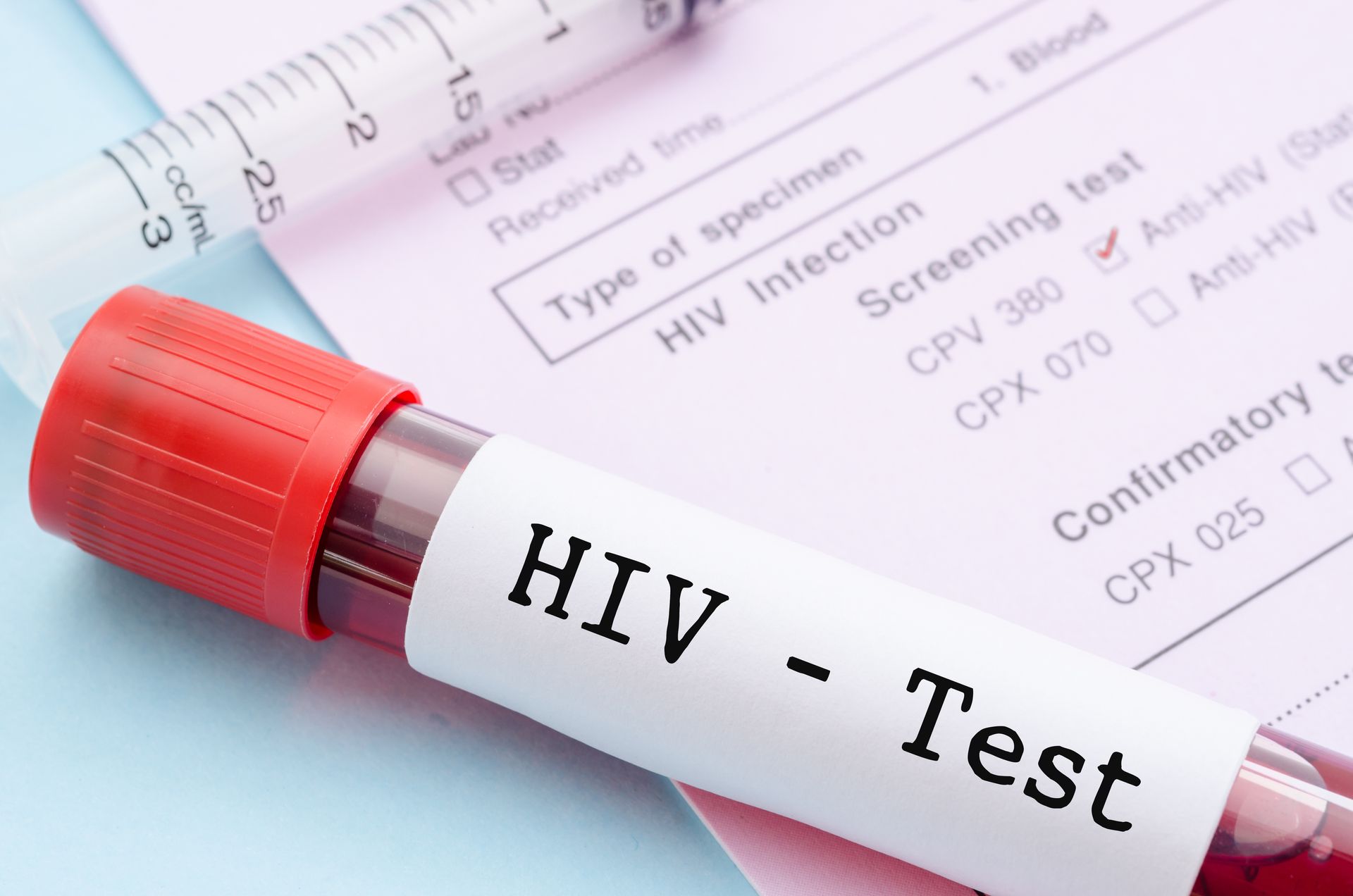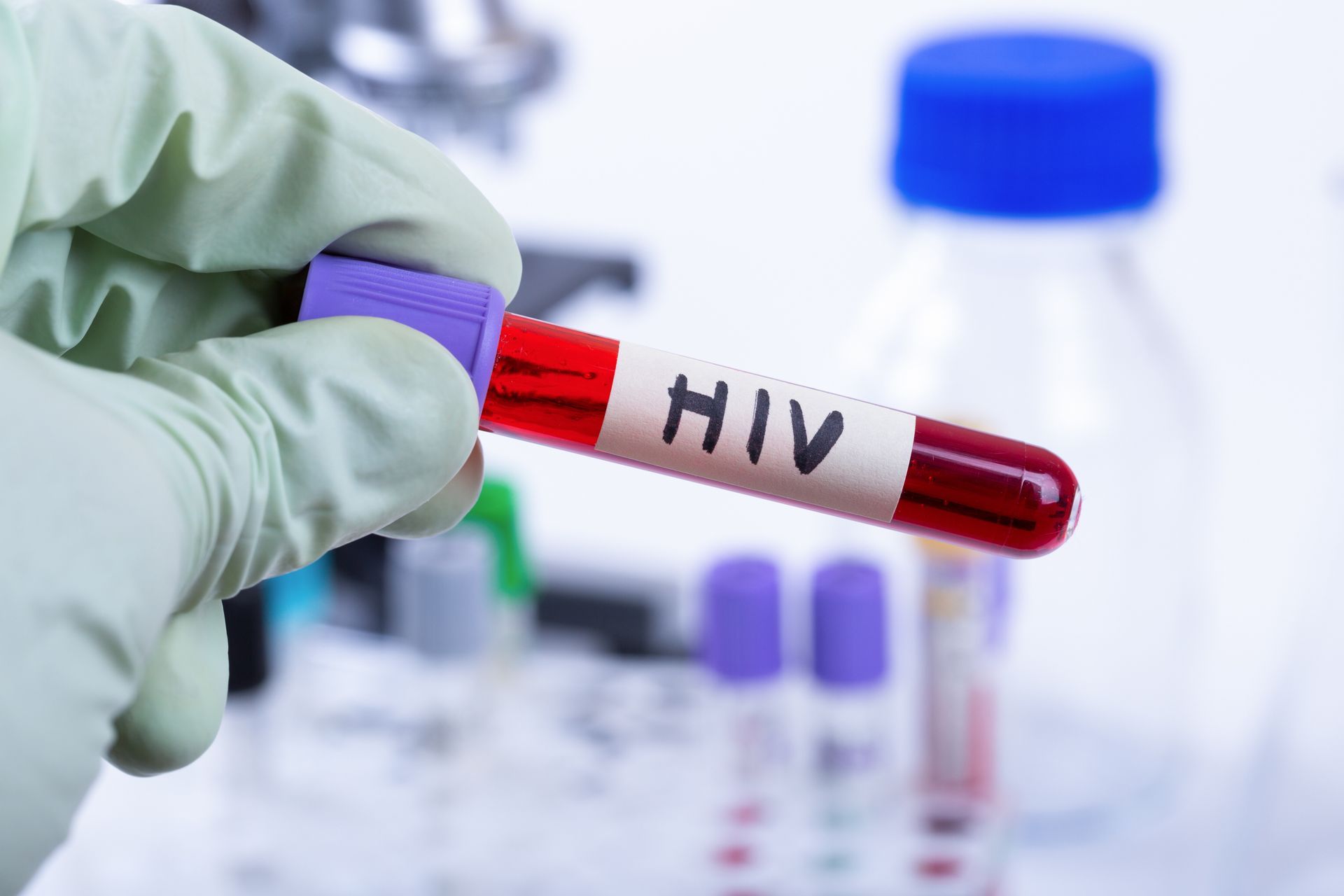Recent Posts
How Your Primary Care Doctor Can Help You Prepare for Travel

Planning a trip, whether it’s a weekend getaway or an international adventure, can be exciting. But before you pack your bags and finalize your itinerary, there’s one essential step many travelers overlook: a pre-travel checkup with your primary care doctor.
From vaccinations and medication adjustments to destination-specific health advice, your primary care provider (PCP) is a key partner in making sure you stay healthy before, during and after your travels.
Travel Vaccinations: Protecting You From Location-Specific Ailments
Depending on your destination, certain vaccinations may be recommended or even required. Diseases such as yellow fever, typhoid, hepatitis A and B and Japanese encephalitis may be present in parts of Africa, Asia, South America or the Caribbean. People from Houston who are never exposed to these potentially preventable diseases may be particularly susceptible. Tell your PCP your travel plans and vaccination history so they can recommend pre-trip vaccinations, if you need any.
Routine vaccinations, such as tetanus, MMR (measles, mumps and rubella) and influenza, should also be up to date. Even if you're traveling within the United States or to developed countries, being fully vaccinated helps reduce your risk of illness while abroad.
Travel-related vaccines often need to be administered several weeks in advance to provide full protection. That’s why it's best to schedule a travel consultation at least four to six weeks before your departure.
Medication Adjustments: Staying Safe with Your Prescriptions
If you take prescription medications regularly, your PCP can help you prepare for potential challenges you might encounter while traveling. This includes ensuring you have enough medication for your entire trip, providing recommendations on safe storage, like if your medications need to be kept refrigerated, and making sure your prescriptions are legal and available in the countries you’re visiting.
Your doctor may adjust your medication schedule if you’re crossing time zones. For example, if you take insulin, birth control, or medications for heart conditions, your dosing schedule might need to change to keep you safe and healthy across different time zones.
Your PCP can also recommend travel medications, like anti-diarrheal medications or altitude sickness pills, that won’t have negative interactions with any of your other medications.
Health Risk Assessment: Personalized Travel Advice
Every destination comes with its own health risks, and your PCP will consider these carefully during your visit. They'll take into account your age, medical history, travel plans and the local health conditions at your destination.
If you’re traveling to an area with a high risk of mosquito-borne illnesses like malaria or dengue, your PCP might prescribe preventative medications and advise you on the best insect repellent and protective clothing. If you're heading to high altitudes, your provider can recommend strategies and medications to prevent altitude sickness.
They may also provide guidance on food and water safety to help you avoid common travel-related illnesses like traveler’s diarrhea or foodborne infections.
Travel Documentation and Medical Records
Some countries require proof of certain vaccinations, such as yellow fever, to enter. Your PCP can provide you with the appropriate documentation, like an International Certificate of Vaccination or Prophylaxis, which may be checked at immigration.
Additionally, having a summary of your medical history, including a list of current medications and allergies, can be invaluable if you need medical care while abroad. Your PCP can help prepare a portable version of your records that’s easy to carry during your trip.
When to Schedule Your Pre-Travel Visit
Ideally, you should meet with your primary care doctor at least a month before your departure, especially if you're traveling internationally or have chronic health conditions. This allows time for vaccines to take effect, prescriptions to be filled and any necessary testing or paperwork to be completed.
If your trip is last-minute, don't worry. Your PCP can still help you prioritize the most urgent travel needs and provide advice on how to reduce health risks as much as possible.
Our Medical Professionals Are Always Ready to Help Houston Travelers Prepare for Safe Trips
Whether you're heading overseas or exploring closer to home, let us help you travel with confidence and peace of mind.
Schedule your pre-travel health consultation today with St. Hope Healthcare by calling (713) 778-1300.









